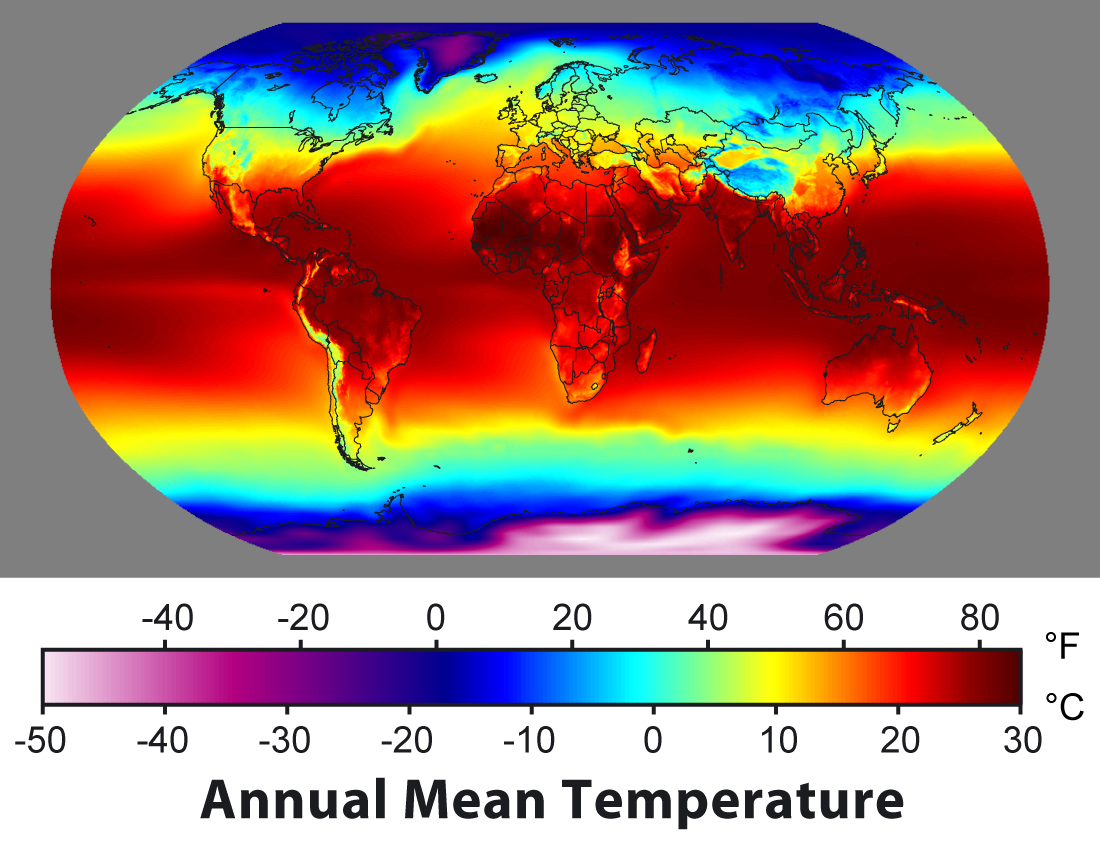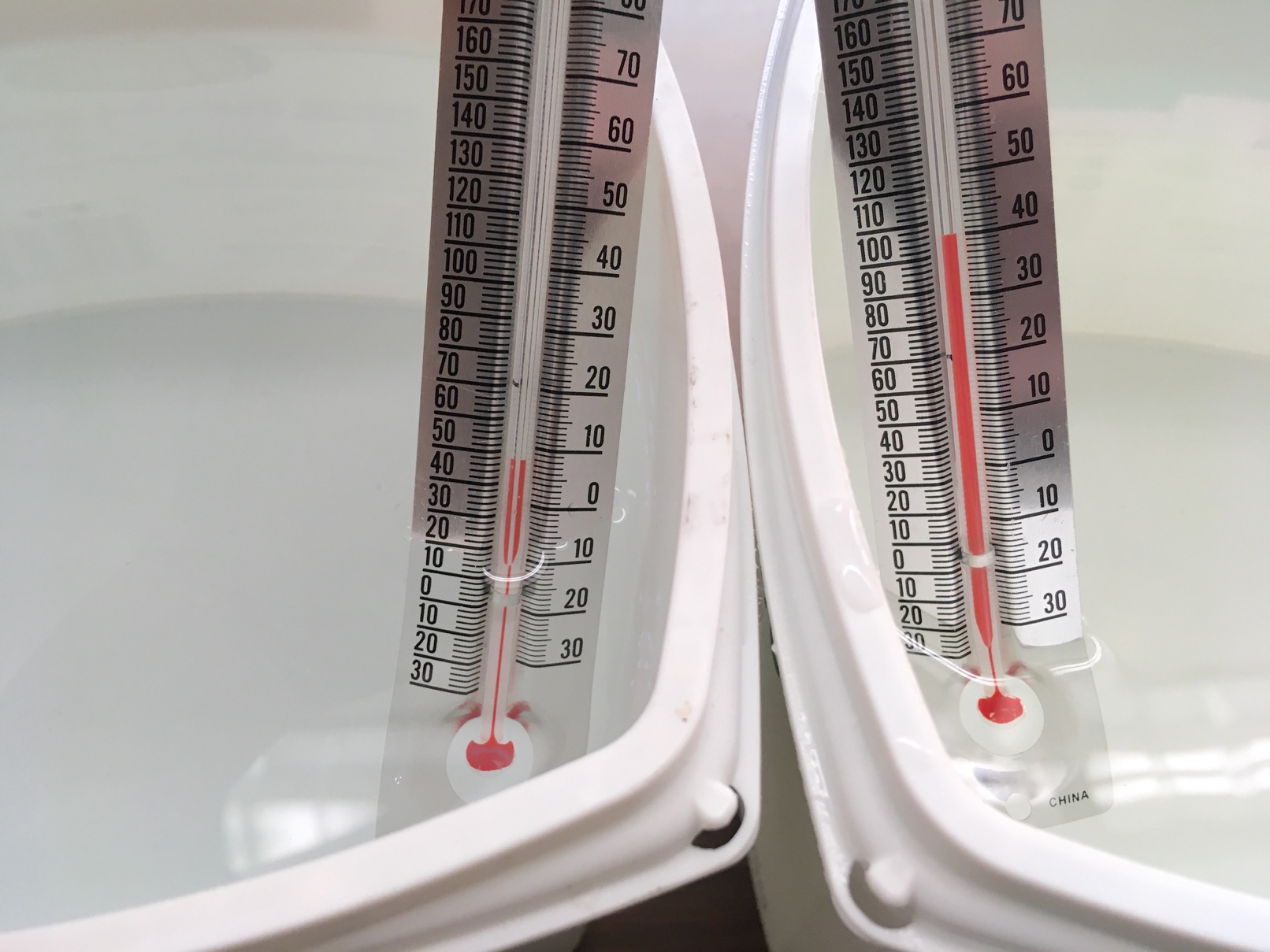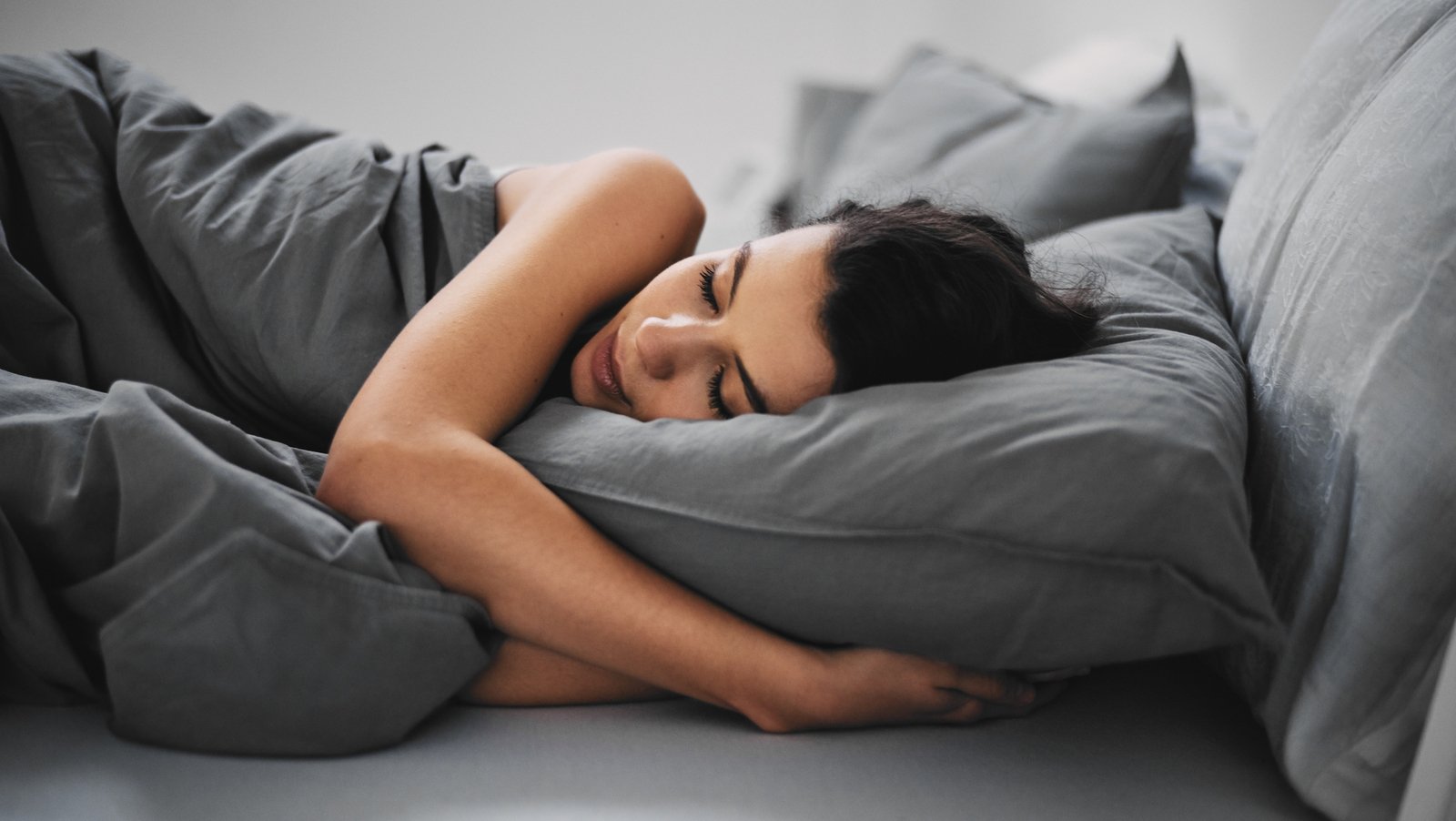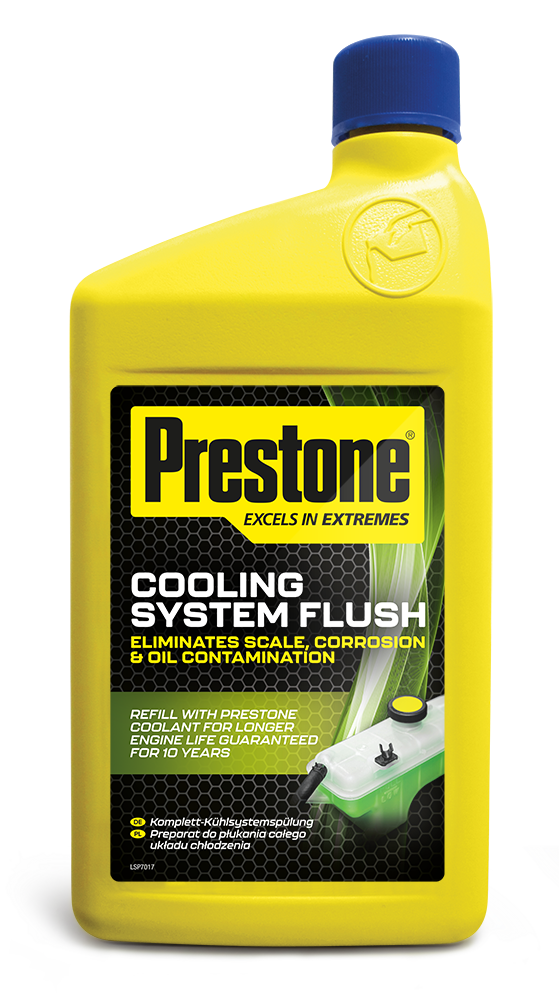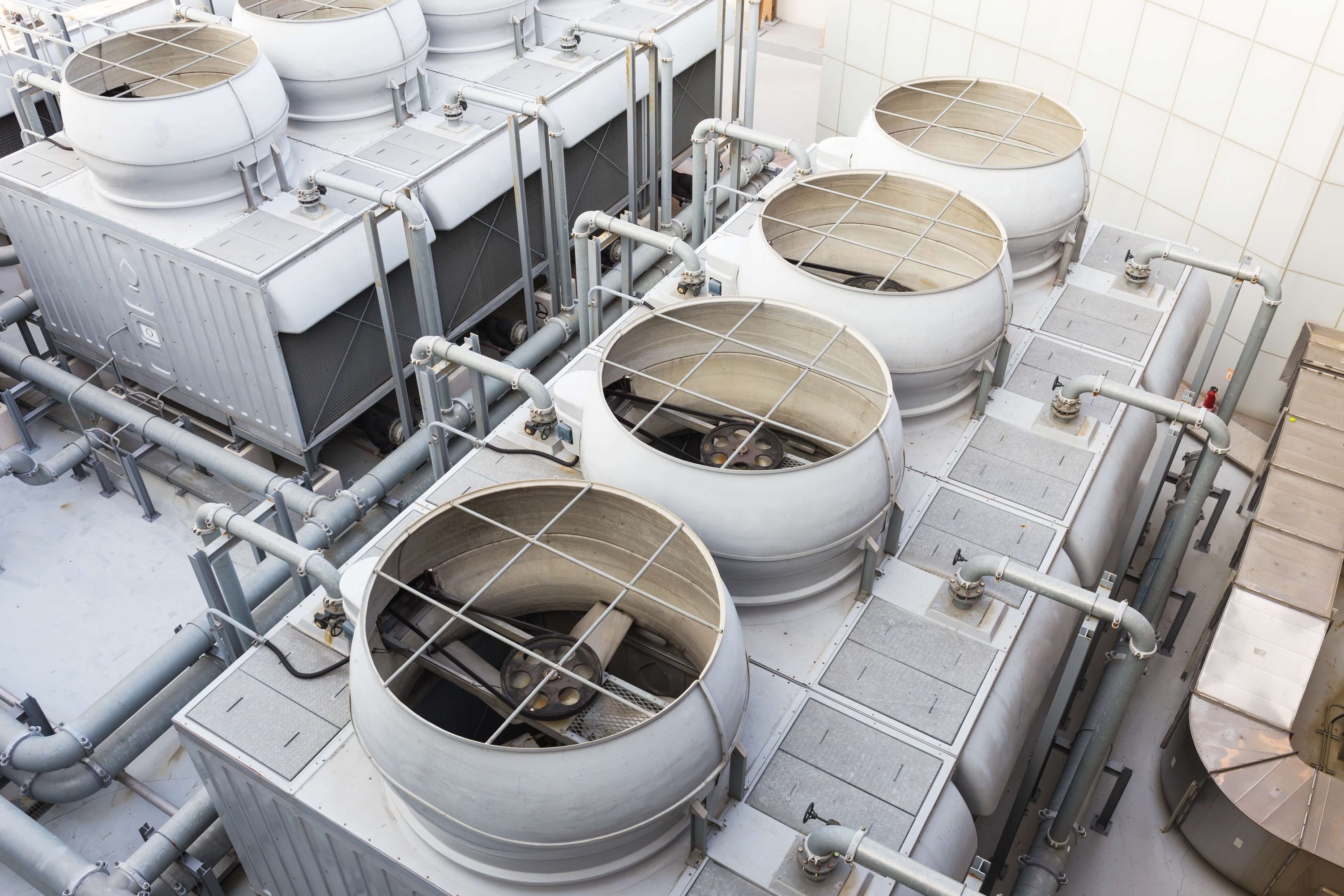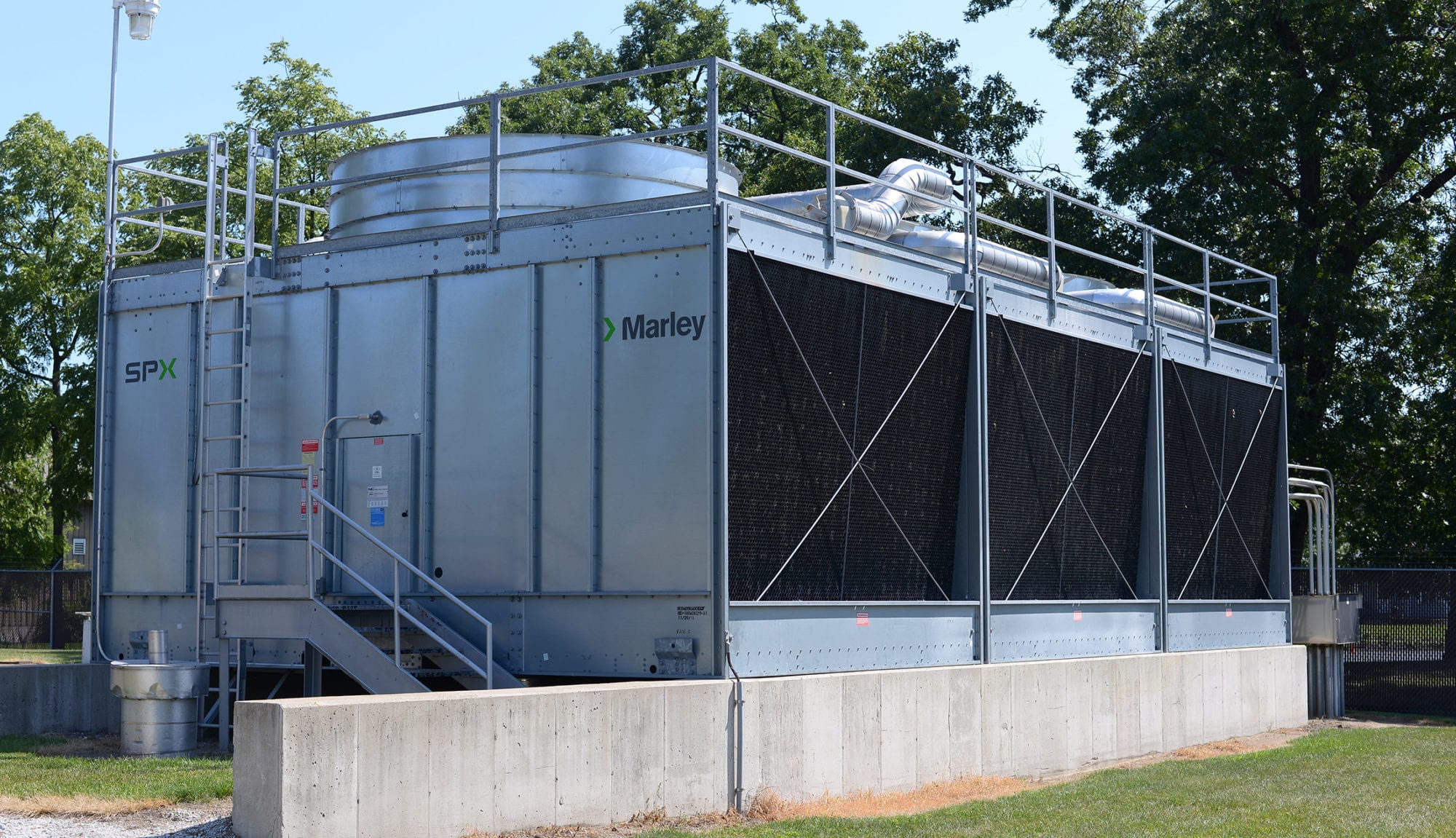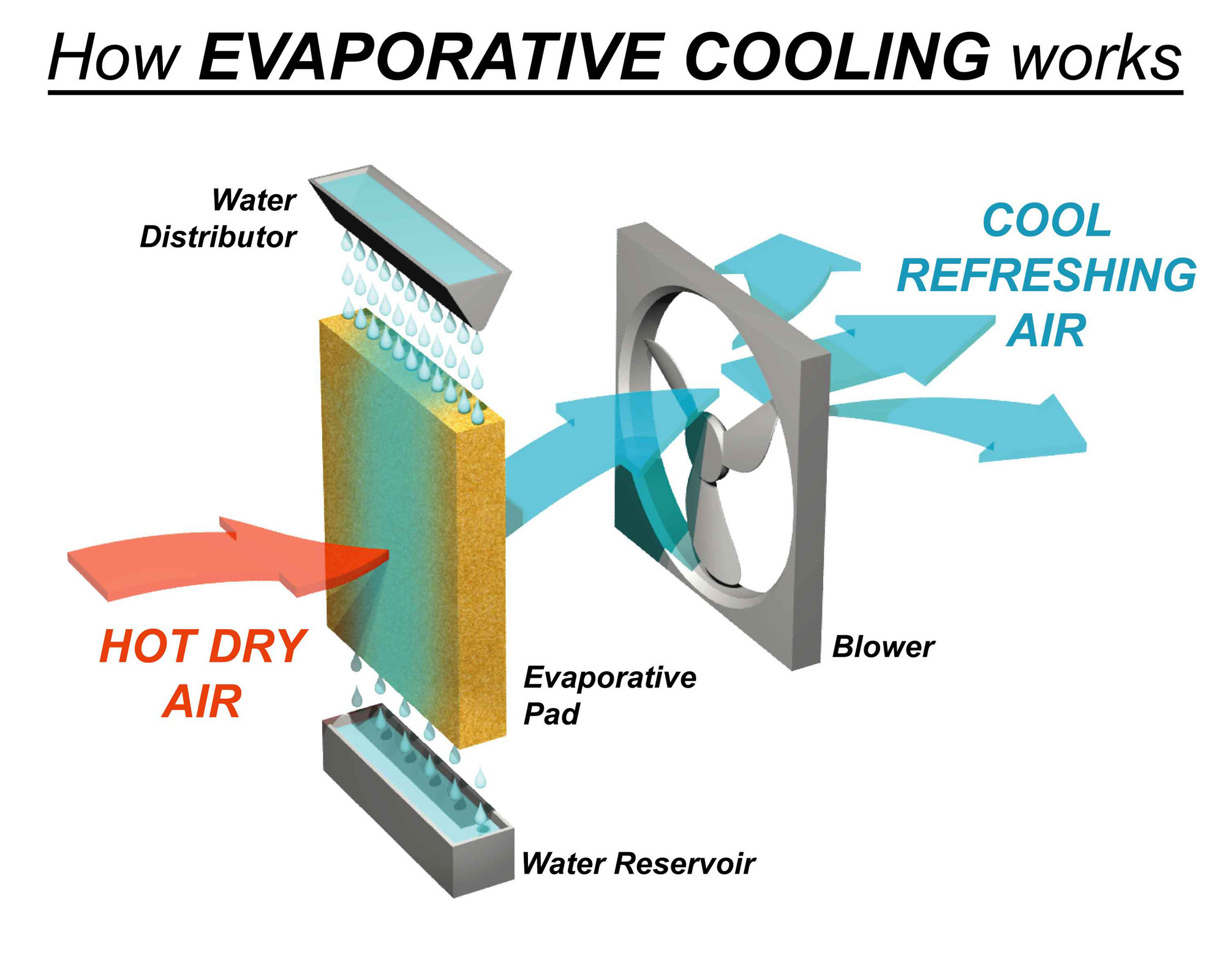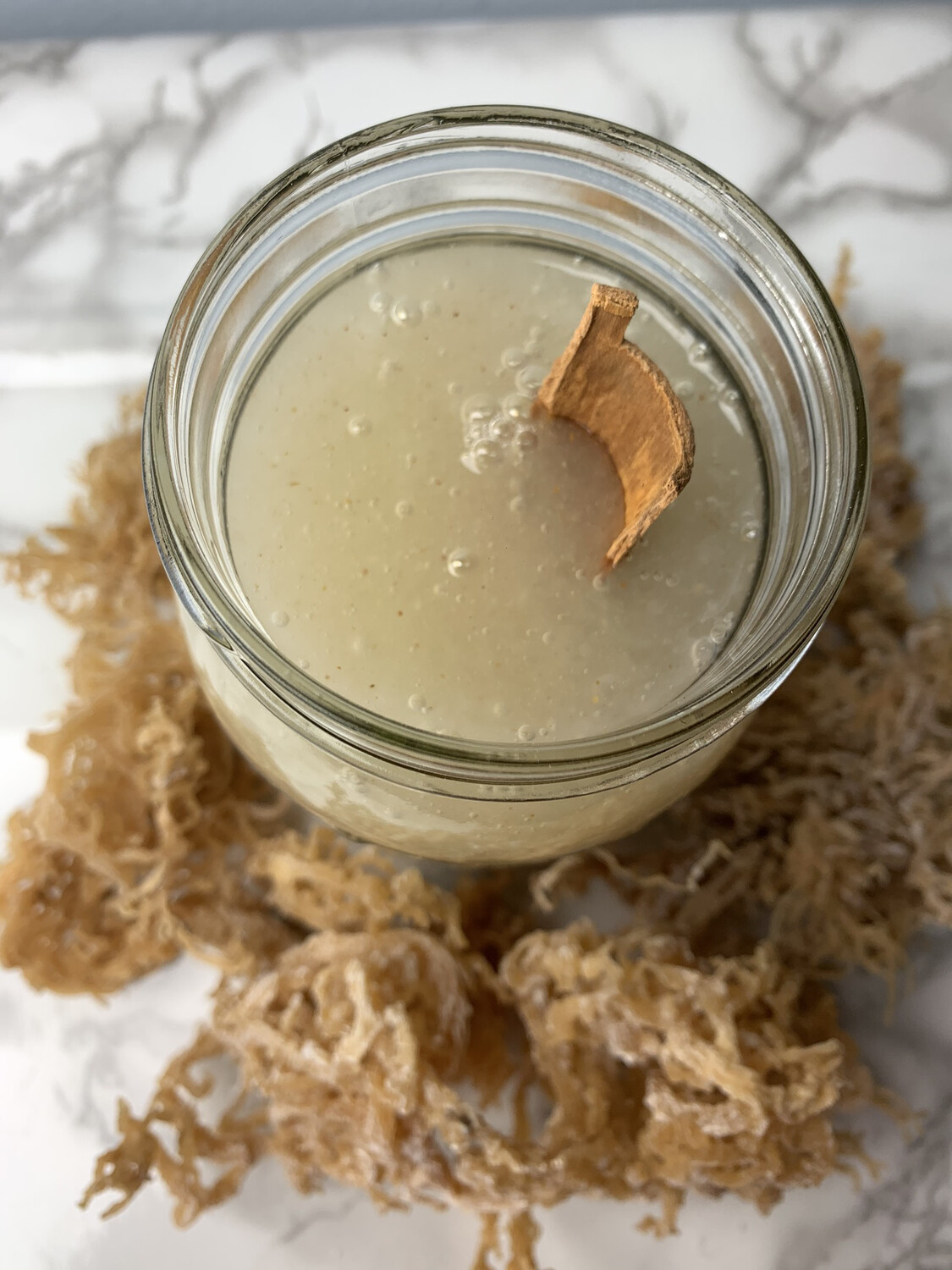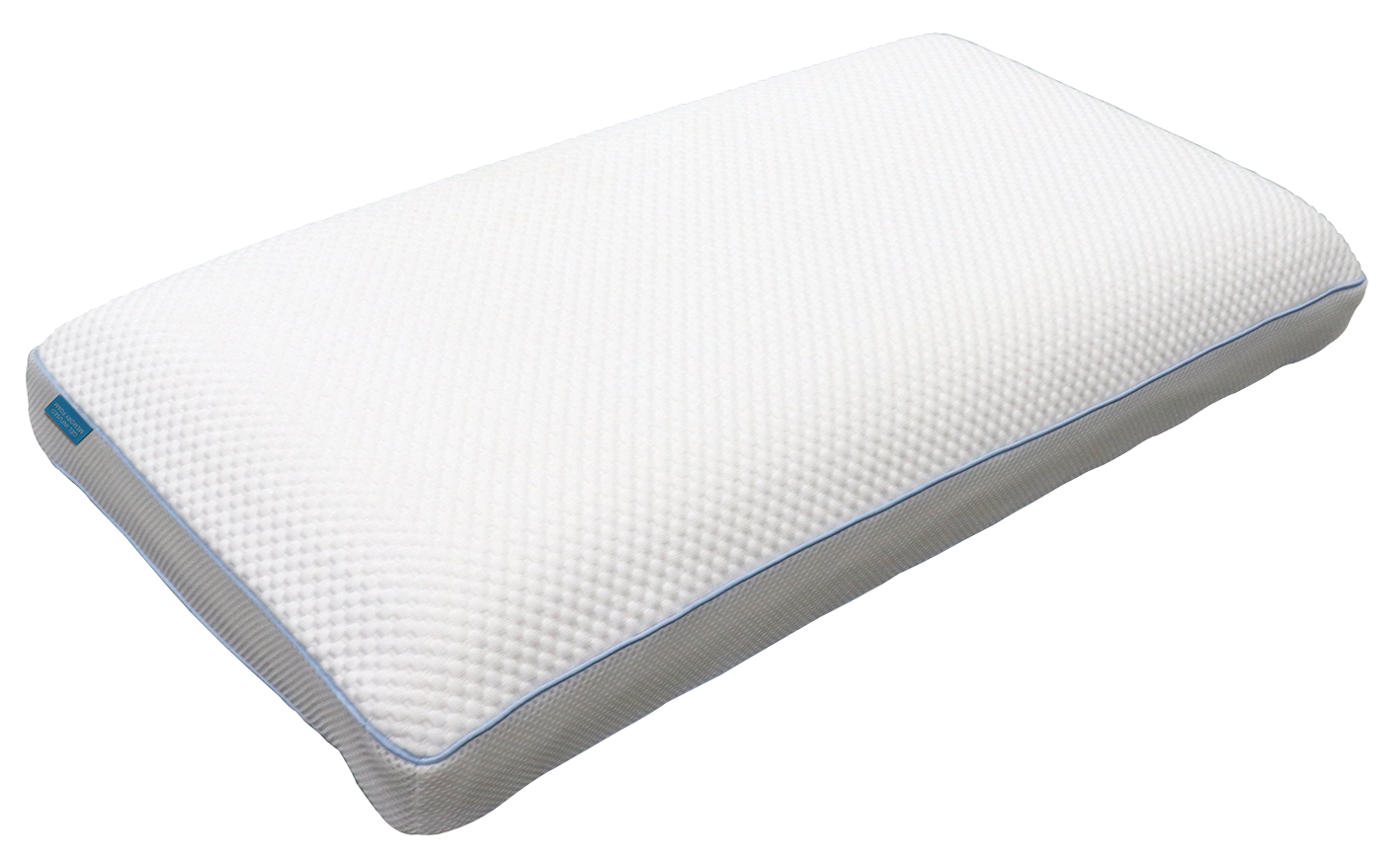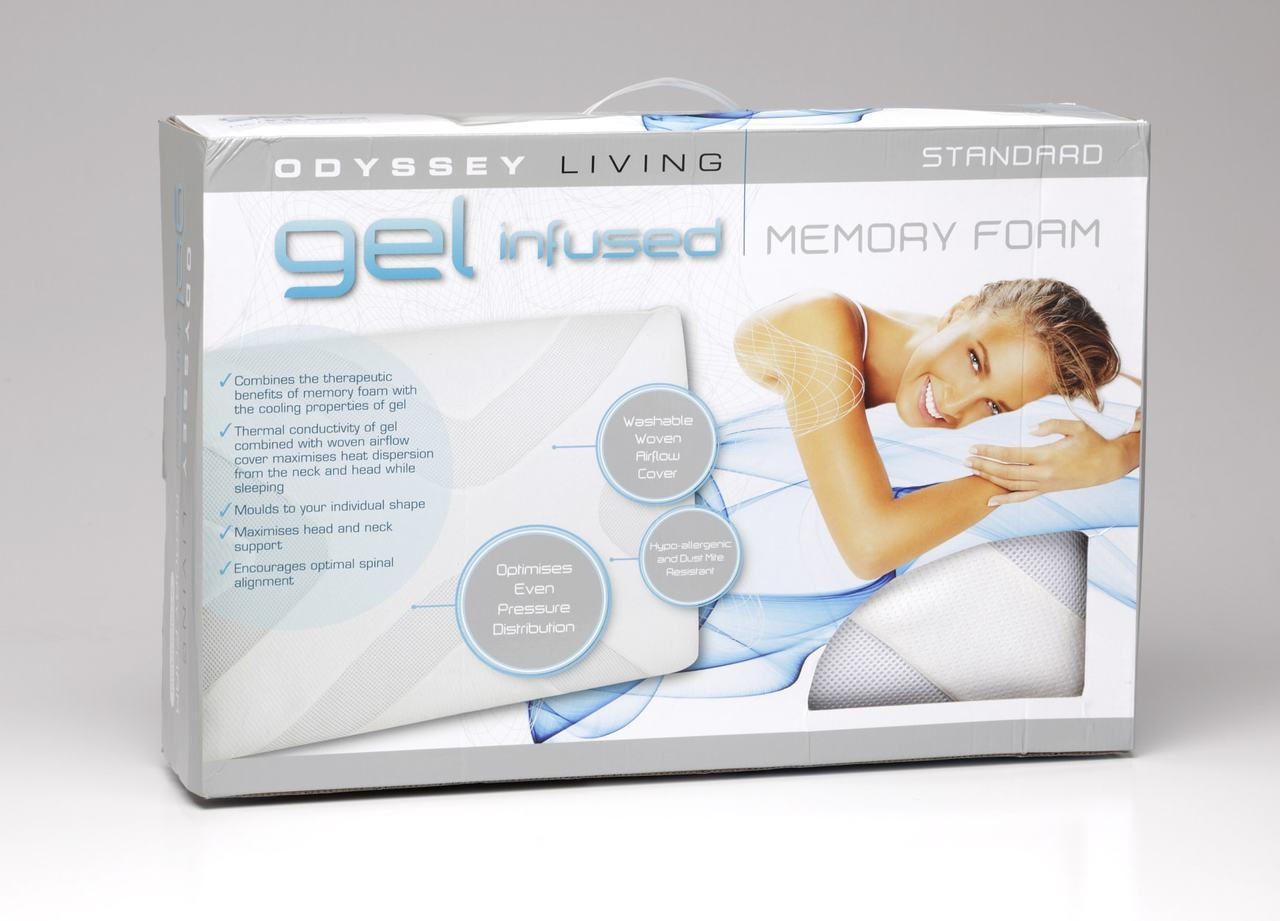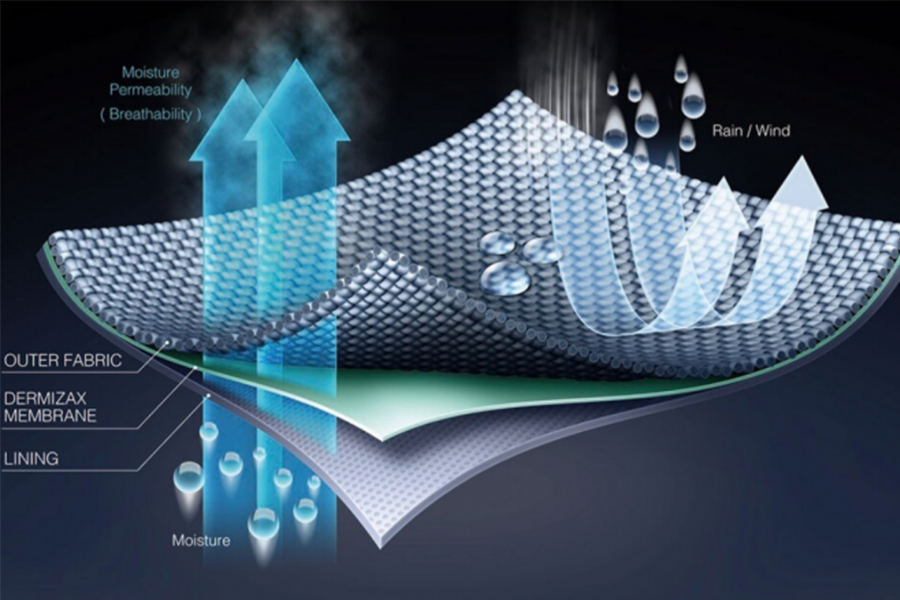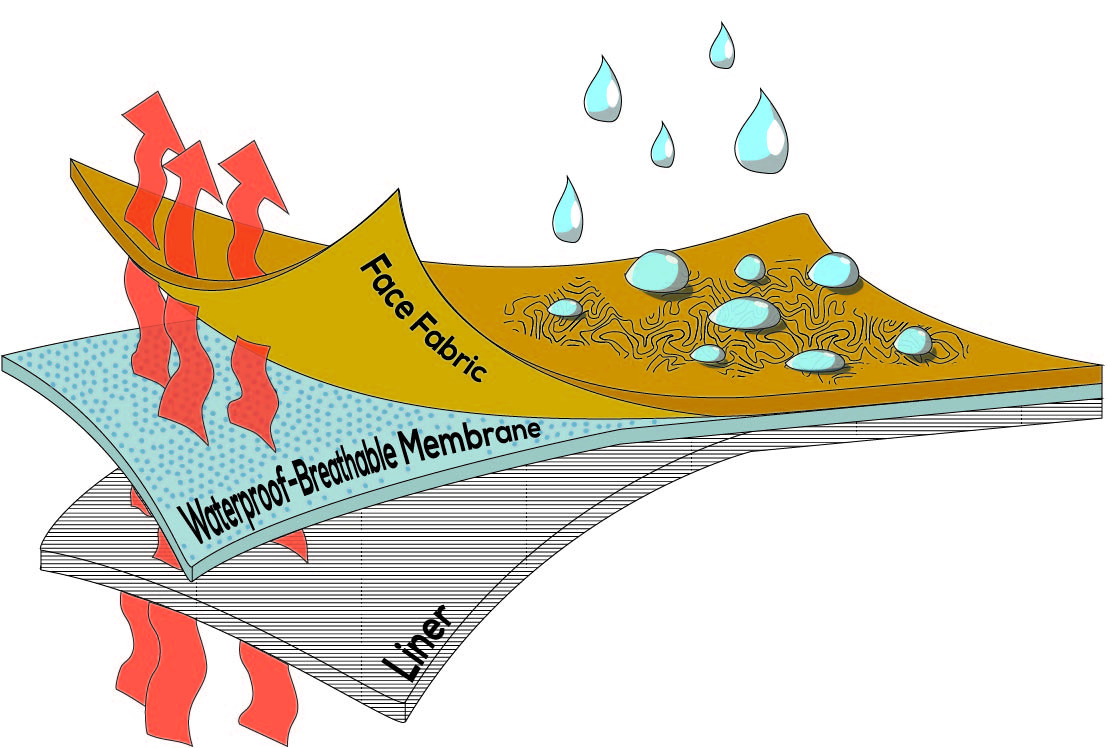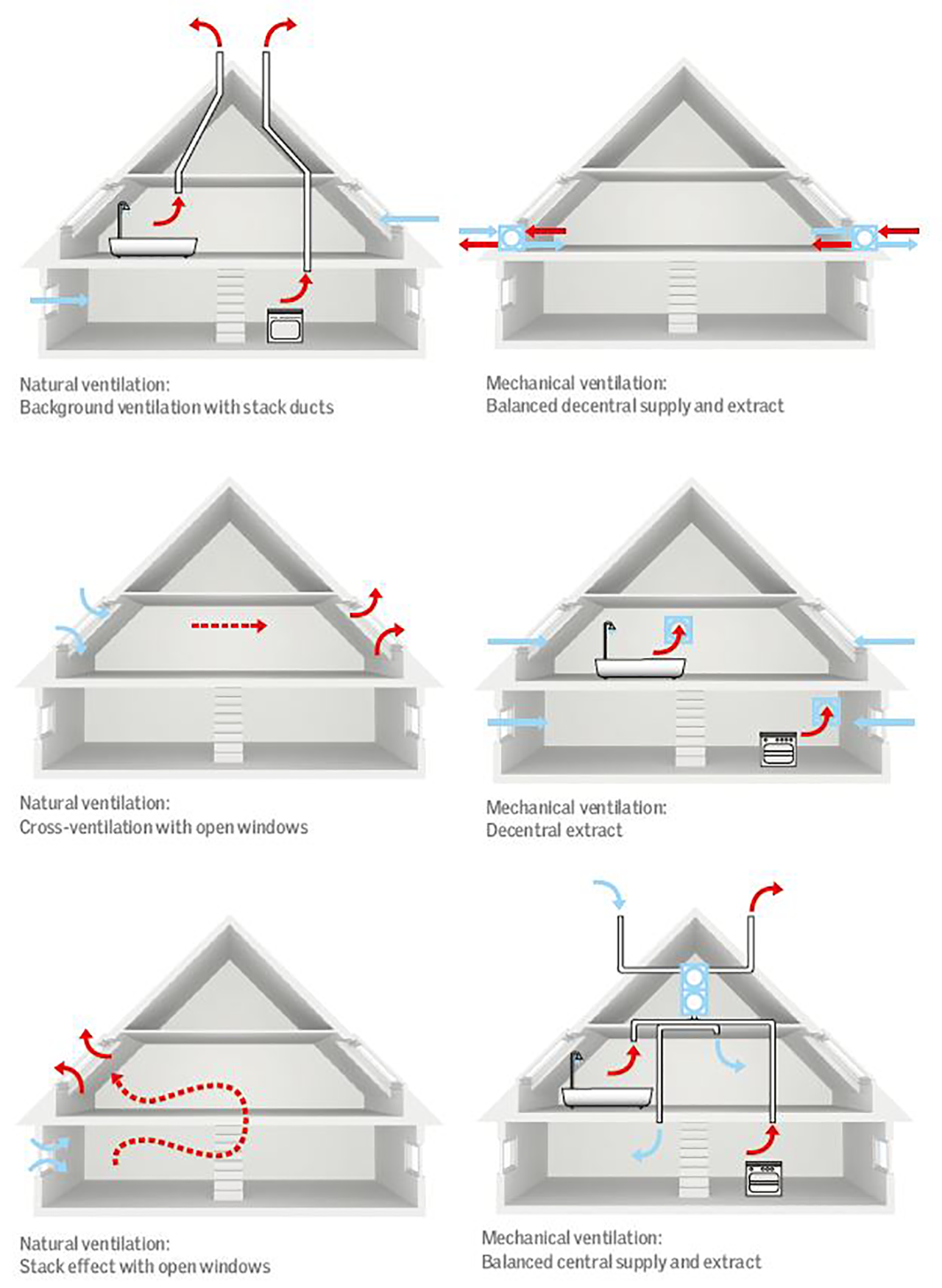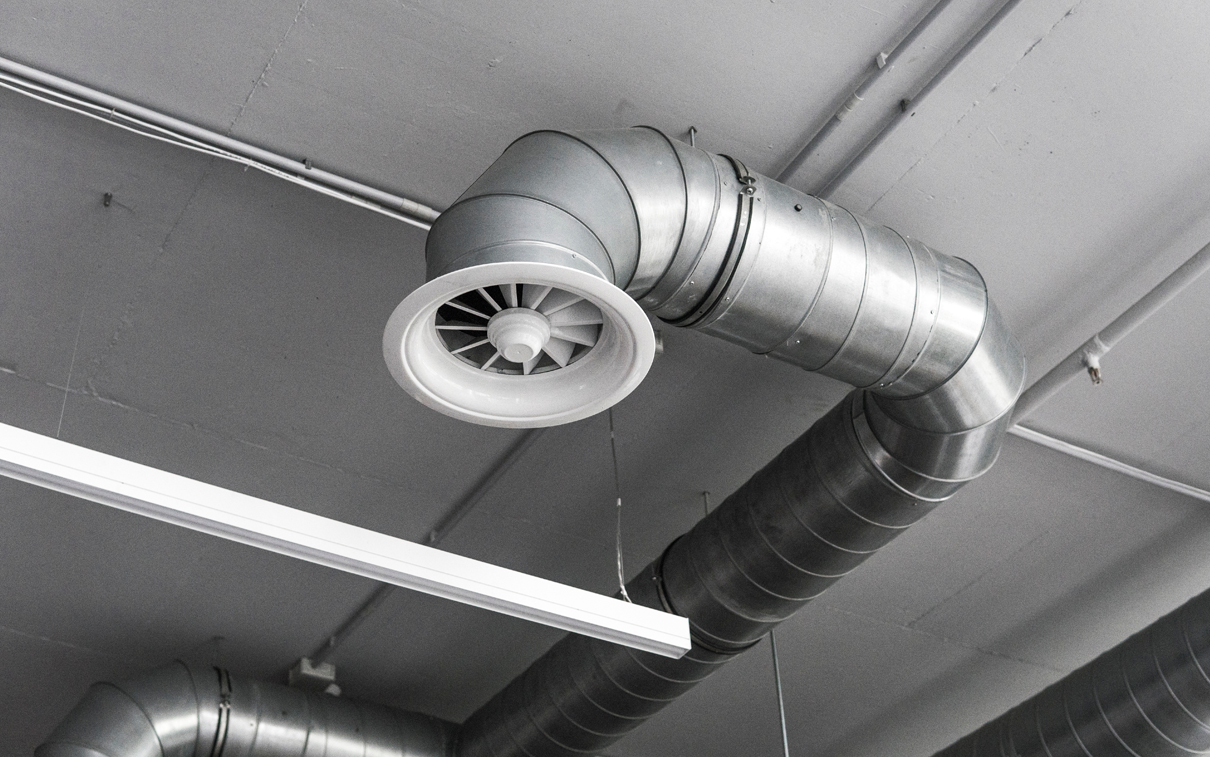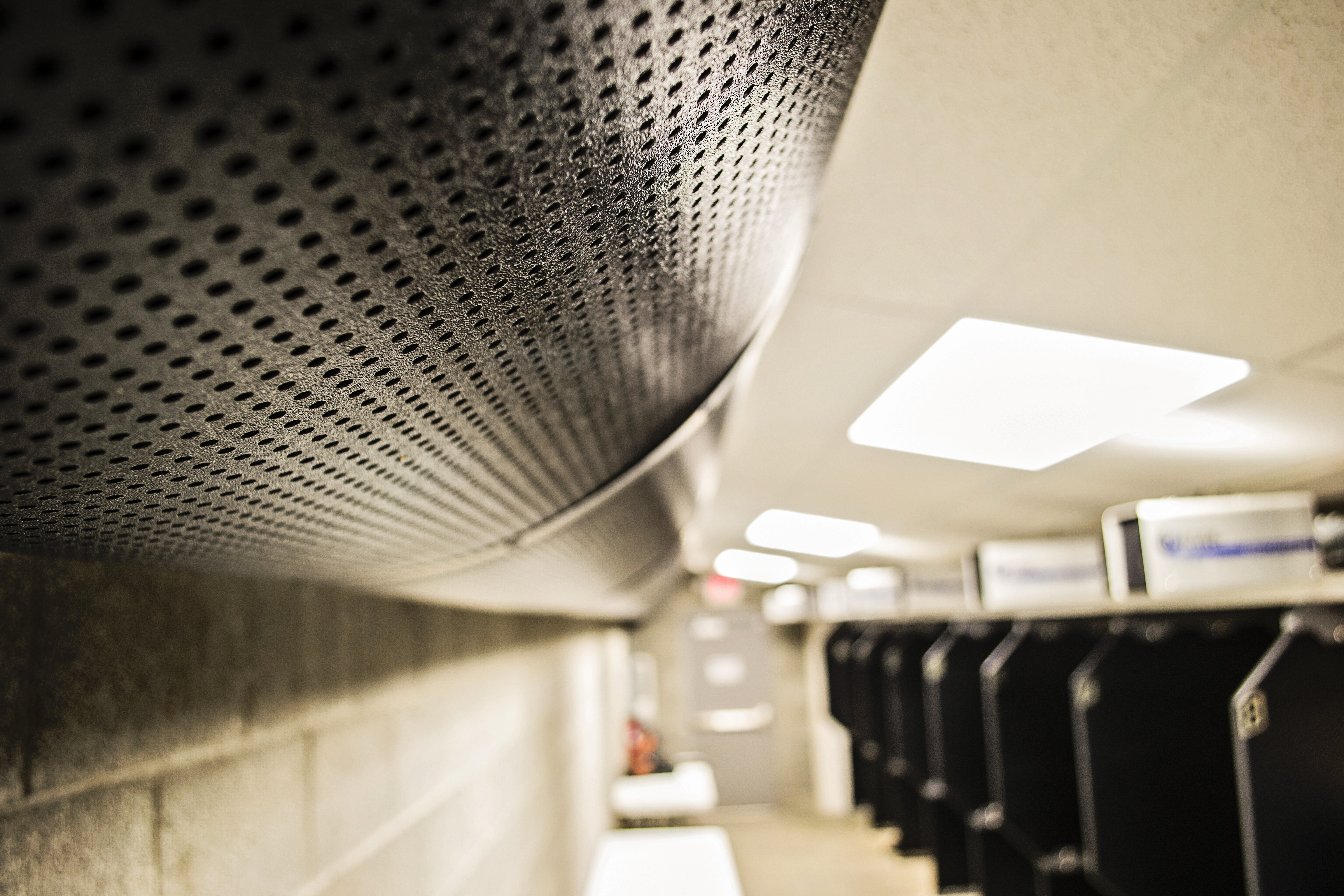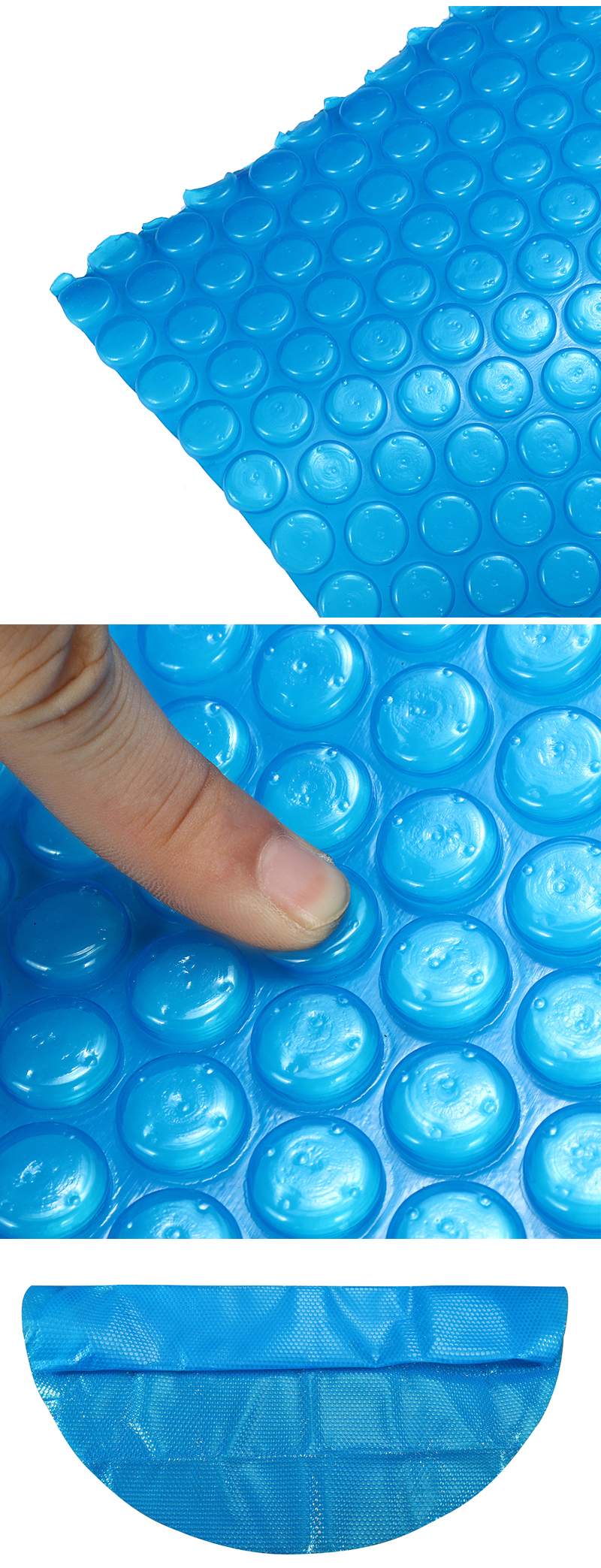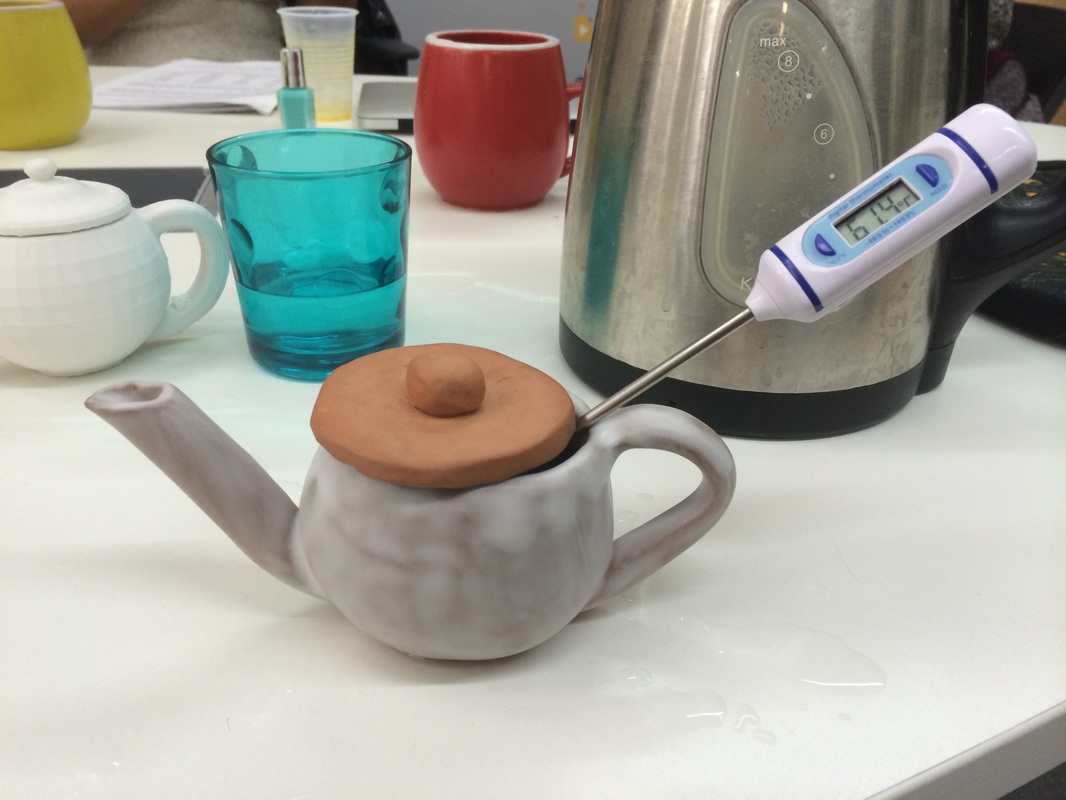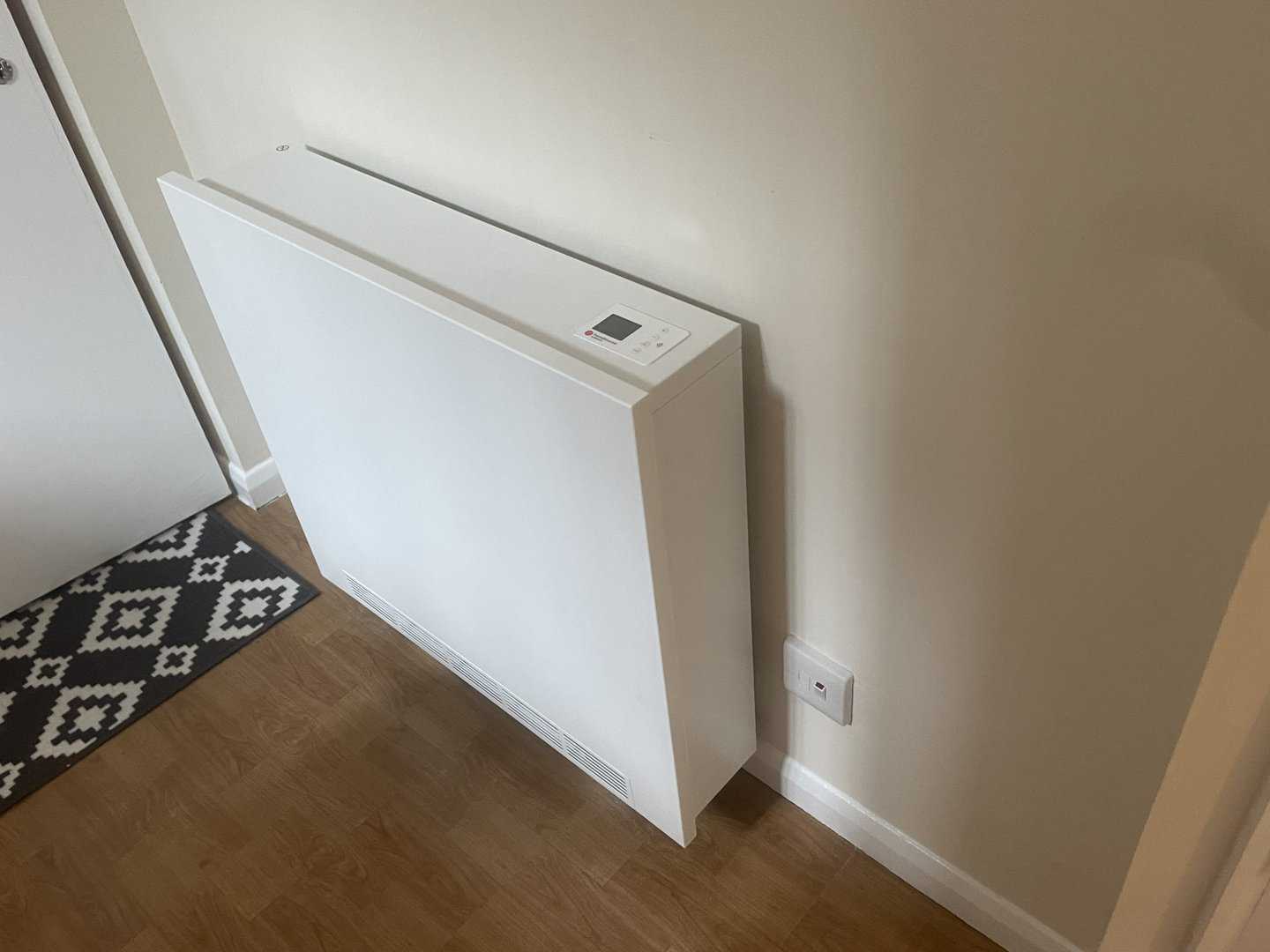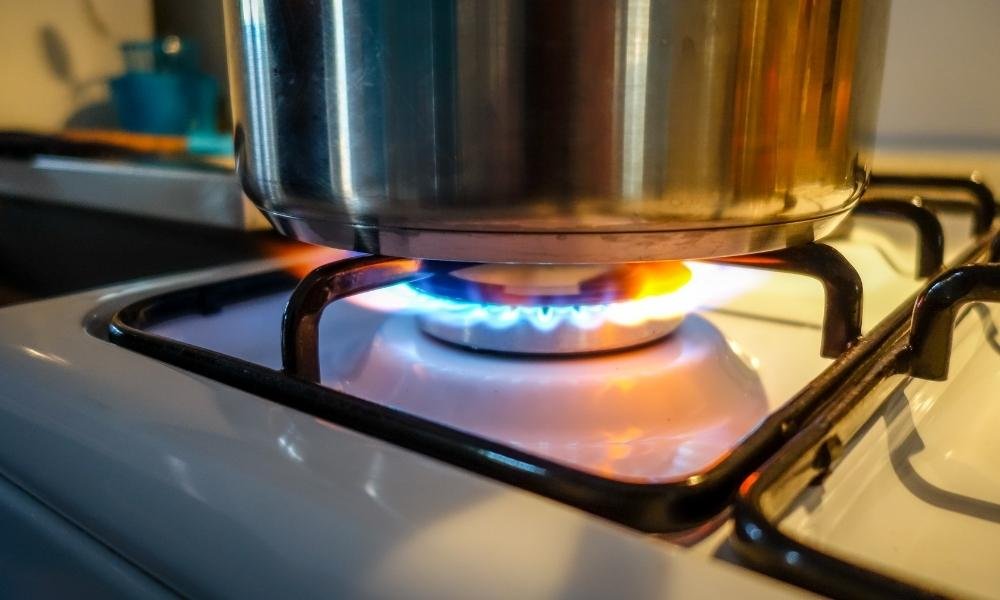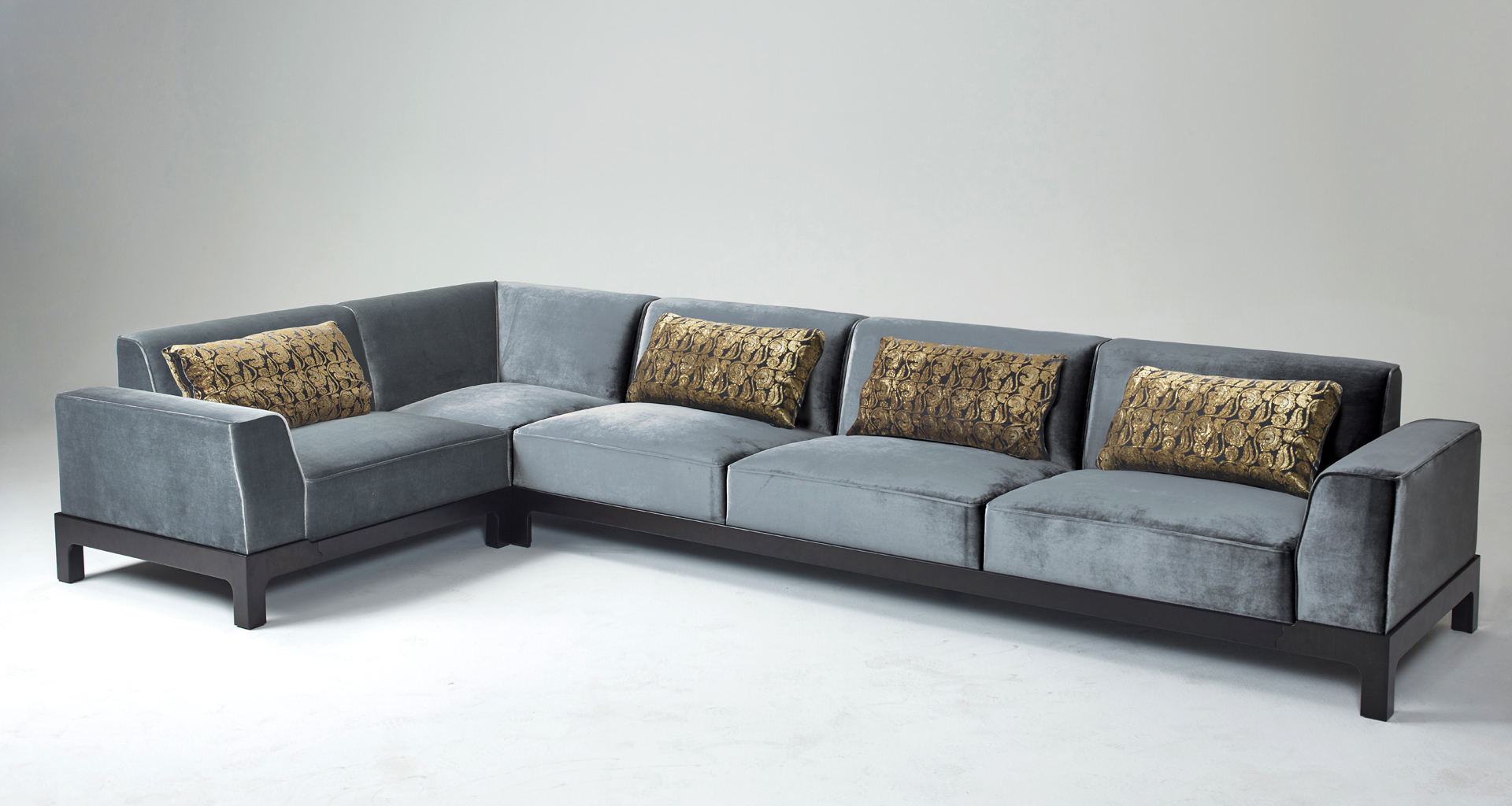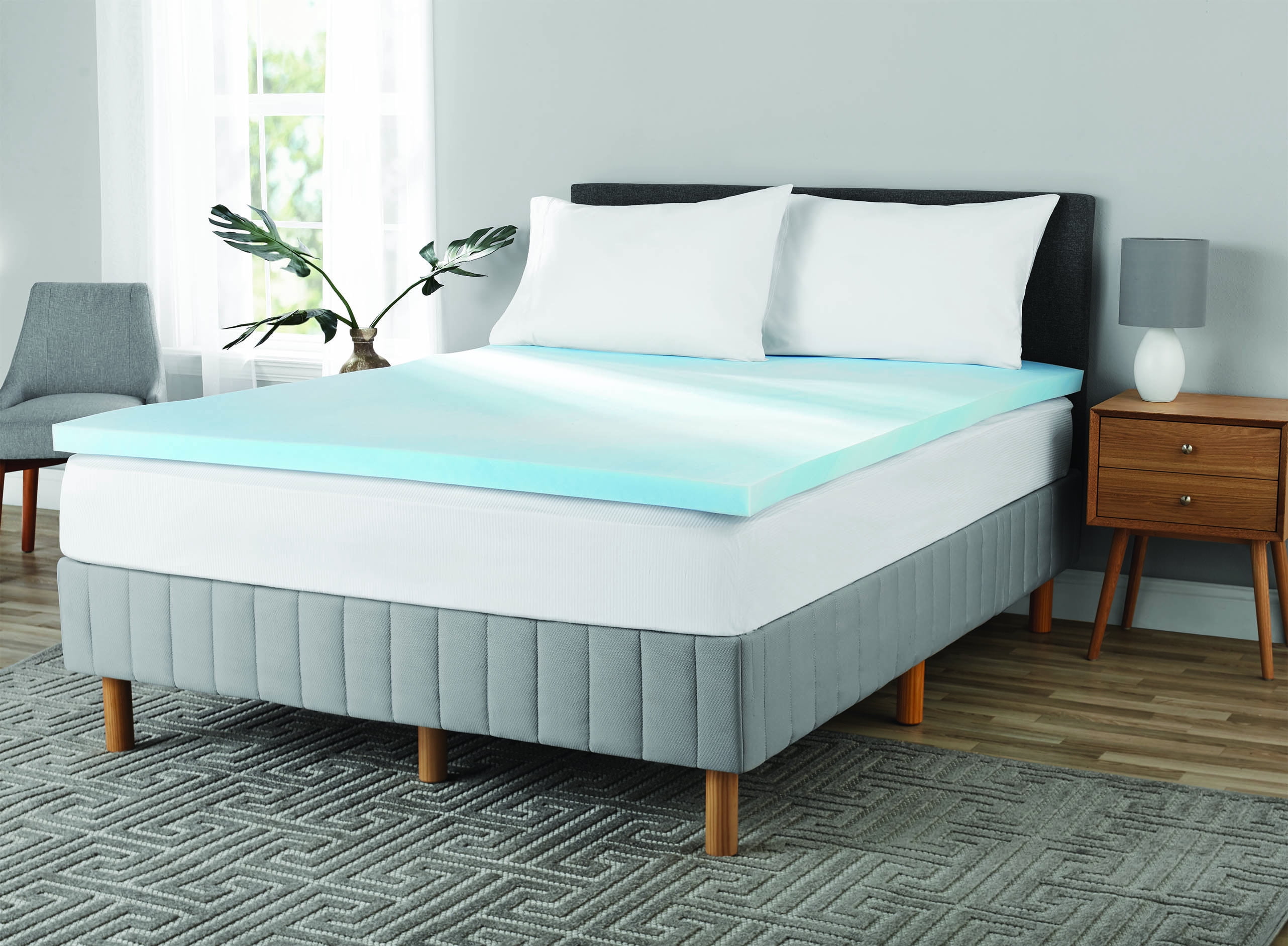Memory foam mattresses have been gaining popularity in recent years due to their ability to conform to the shape of your body, providing unparalleled comfort and support. However, one concern that often comes up when considering a memory foam mattress is whether it will make you hot at night. To understand this potential issue, we need to delve into the science behind memory foam mattresses and heat retention.1. The Science Behind Memory Foam Mattresses and Heat Retention
Before we dive into how memory foam mattresses may affect your body temperature, it's essential to understand the role of temperature in sleep quality. Our bodies naturally cool down when we sleep, and this drop in temperature is necessary for us to fall into a deep and restorative sleep. If our bodies get too hot, it can disrupt this natural cooling process and lead to tossing, turning, and a restless night's sleep.2. The Role of Temperature in Sleep Quality
The short answer is yes, memory foam mattresses do retain heat. The dense structure of memory foam allows it to conform to your body, but it also traps heat, making it more challenging for your body to cool down naturally. This can be a significant issue for those who tend to sleep hot.3. Do Memory Foam Mattresses Retain Heat?
Fortunately, manufacturers have found a way to address this issue with gel-infused memory foam. This type of memory foam has tiny gel beads infused into the foam, which helps to draw heat away from the body and disperse it throughout the mattress. This results in a cooler sleeping surface and can help prevent overheating during the night.4. Gel-Infused Memory Foam: A Cooling Solution
Another solution to combat heat retention in memory foam mattresses is the use of breathable materials. Some memory foam mattresses feature layers or zones that are designed to promote airflow and allow for better ventilation. This can help prevent heat from getting trapped in the mattress and keep you cool and comfortable throughout the night.5. Breathable Memory Foam: Allowing for Airflow
Along with the materials used in the mattress itself, proper ventilation in your bedroom is crucial for maintaining a comfortable sleep temperature. Make sure your bedroom is well-ventilated and invest in a cooling fan if necessary. This will help keep the air circulating and prevent your body from overheating while you sleep.6. Proper Ventilation is Key
Believe it or not, your sleeping position can also play a role in how hot you feel at night. If you tend to sleep on your back, you may be more prone to overheating as your body is in direct contact with the memory foam mattress. If this is the case, consider sleeping on your side, as this can help promote better airflow and prevent heat from getting trapped.7. Consider Your Sleep Position
While the type of mattress you choose is essential for regulating your body temperature, don't forget about your bedding. The type of sheets, blankets, and pillows you use can also impact how hot you feel at night. Opt for breathable materials such as cotton or bamboo, and consider using a lightweight comforter or blanket to avoid feeling too hot.8. Don't Overlook Your Bedding
If you find yourself consistently overheating at night despite all your efforts, it may be time to consider adjusting your room temperature. Experts recommend keeping your bedroom between 60-67 degrees Fahrenheit for optimal sleep. If your room tends to run hot, consider investing in a cooling mattress pad or using a fan to help regulate the temperature.9. Adjust Your Room Temperature
So, does a memory foam mattress make you hot? The answer is yes, but it doesn't have to. With the advancements in technology and materials, there are plenty of options available to help keep you cool and comfortable while sleeping on a memory foam mattress. Consider factors such as gel-infused foam, breathable materials, proper ventilation, and bedding choices to create the perfect sleep environment for you.10. The Verdict: Memory Foam Mattresses Can Make You Hot, But There are Solutions
The Truth About Memory Foam Mattresses and Heat

The Popularity of Memory Foam Mattresses
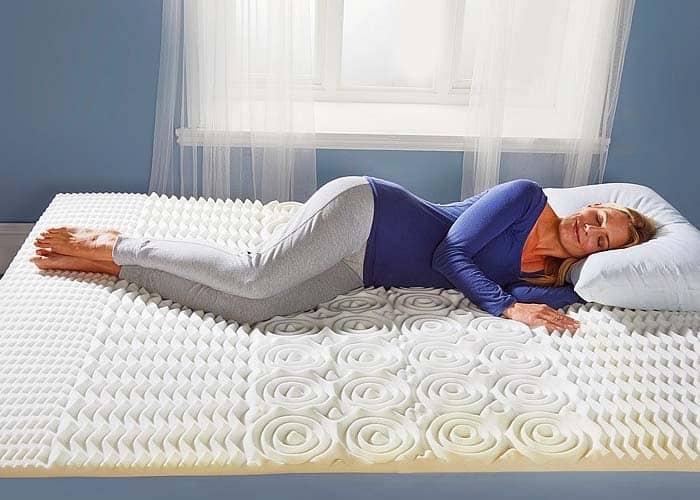 Memory foam mattresses have become increasingly popular in recent years, with many people making the switch from traditional spring mattresses. This is due to their ability to conform to the body and provide superior support and comfort. However, one concern that often arises is whether or not memory foam mattresses make you hot. This is a valid concern, as no one wants to wake up in the middle of the night drenched in sweat. So, does memory foam mattress make you hot? Let's take a closer look.
Memory foam mattresses have become increasingly popular in recent years, with many people making the switch from traditional spring mattresses. This is due to their ability to conform to the body and provide superior support and comfort. However, one concern that often arises is whether or not memory foam mattresses make you hot. This is a valid concern, as no one wants to wake up in the middle of the night drenched in sweat. So, does memory foam mattress make you hot? Let's take a closer look.
The Science Behind Memory Foam
 To understand the relationship between memory foam mattresses and heat, we first need to understand how memory foam works. Memory foam is made of a viscoelastic material that responds to heat and pressure. This means that when you lie on a memory foam mattress, it will mold to the shape of your body, providing support and reducing pressure points. However, this also means that the mattress absorbs heat from your body, which can make you feel hot and uncomfortable.
To understand the relationship between memory foam mattresses and heat, we first need to understand how memory foam works. Memory foam is made of a viscoelastic material that responds to heat and pressure. This means that when you lie on a memory foam mattress, it will mold to the shape of your body, providing support and reducing pressure points. However, this also means that the mattress absorbs heat from your body, which can make you feel hot and uncomfortable.
The Role of Airflow and Materials
 The level of heat retention in a memory foam mattress depends on several factors, including the density of the foam and the materials used. Higher density foam tends to retain more heat, while lower density foam allows for more airflow and can help keep you cool. Additionally, some manufacturers use cooling materials, such as gel-infused foam or open-cell foam, to help dissipate heat and keep the mattress cooler.
The level of heat retention in a memory foam mattress depends on several factors, including the density of the foam and the materials used. Higher density foam tends to retain more heat, while lower density foam allows for more airflow and can help keep you cool. Additionally, some manufacturers use cooling materials, such as gel-infused foam or open-cell foam, to help dissipate heat and keep the mattress cooler.
How to Stay Cool on a Memory Foam Mattress
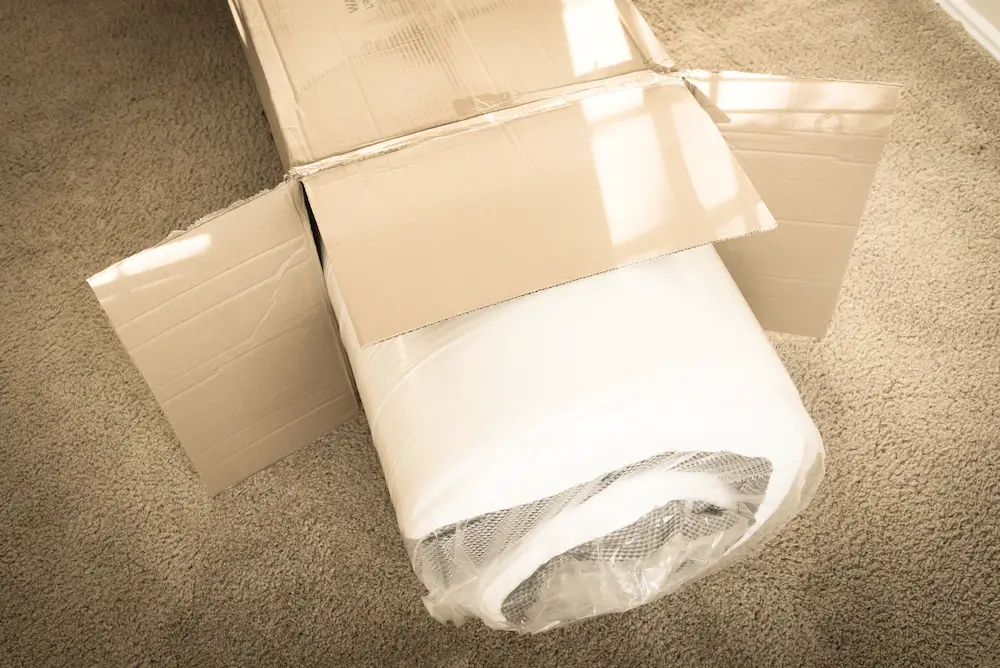 If you're worried about getting too hot on a memory foam mattress, there are a few things you can do to help regulate your temperature. First, make sure to choose a mattress with a lower density foam and cooling materials. Additionally, use breathable sheets and bedding to allow for better airflow. You can also consider using a mattress protector specifically designed to regulate temperature.
In conclusion,
while memory foam mattresses can trap heat, there are ways to mitigate this issue and enjoy all the benefits of a memory foam mattress. By choosing the right materials and taking simple steps to regulate your body temperature, you can get a good night's sleep on a memory foam mattress without getting too hot. So, don't let the fear of heat prevent you from experiencing the comfort and support of a memory foam mattress.
If you're worried about getting too hot on a memory foam mattress, there are a few things you can do to help regulate your temperature. First, make sure to choose a mattress with a lower density foam and cooling materials. Additionally, use breathable sheets and bedding to allow for better airflow. You can also consider using a mattress protector specifically designed to regulate temperature.
In conclusion,
while memory foam mattresses can trap heat, there are ways to mitigate this issue and enjoy all the benefits of a memory foam mattress. By choosing the right materials and taking simple steps to regulate your body temperature, you can get a good night's sleep on a memory foam mattress without getting too hot. So, don't let the fear of heat prevent you from experiencing the comfort and support of a memory foam mattress.

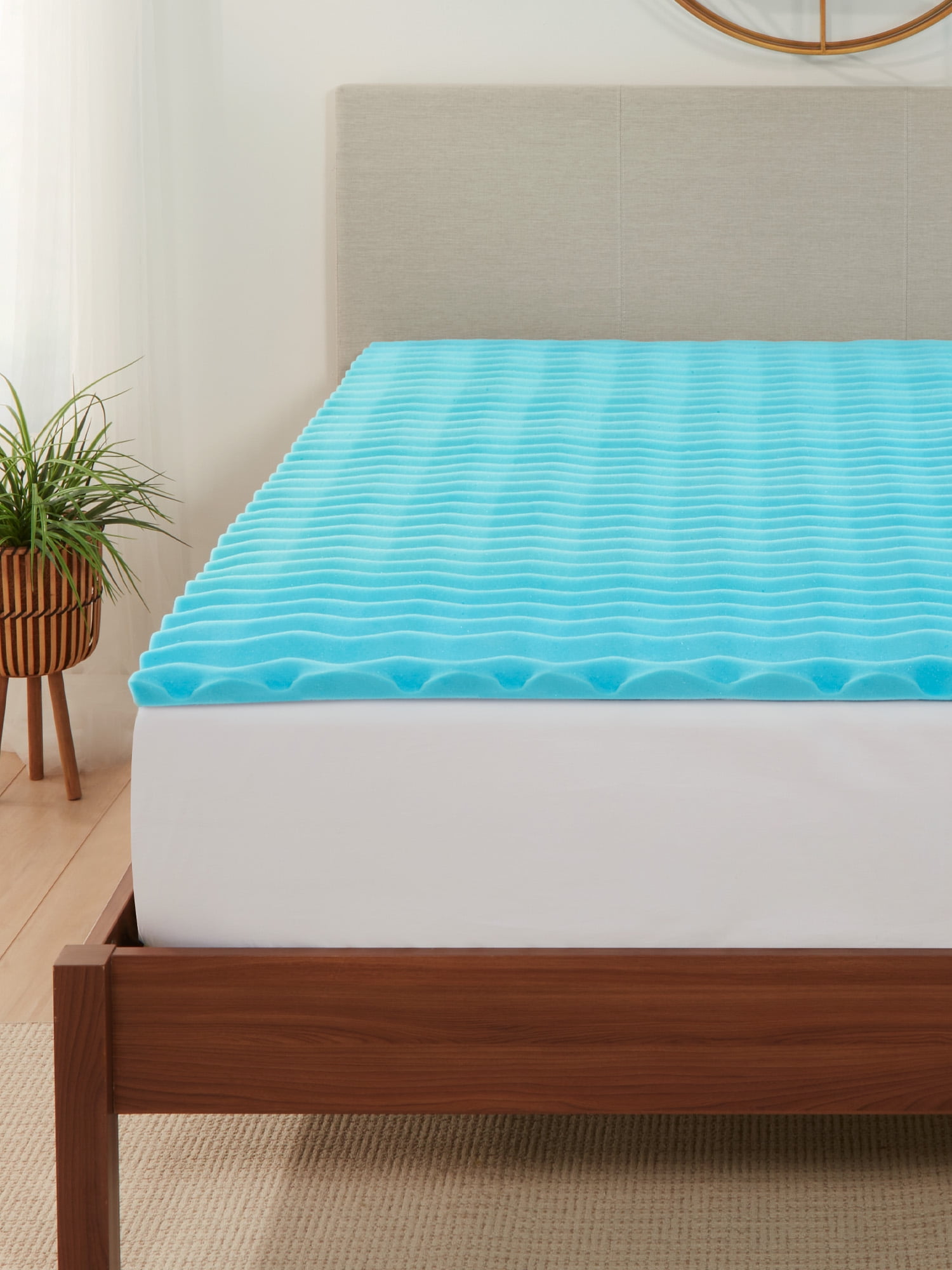








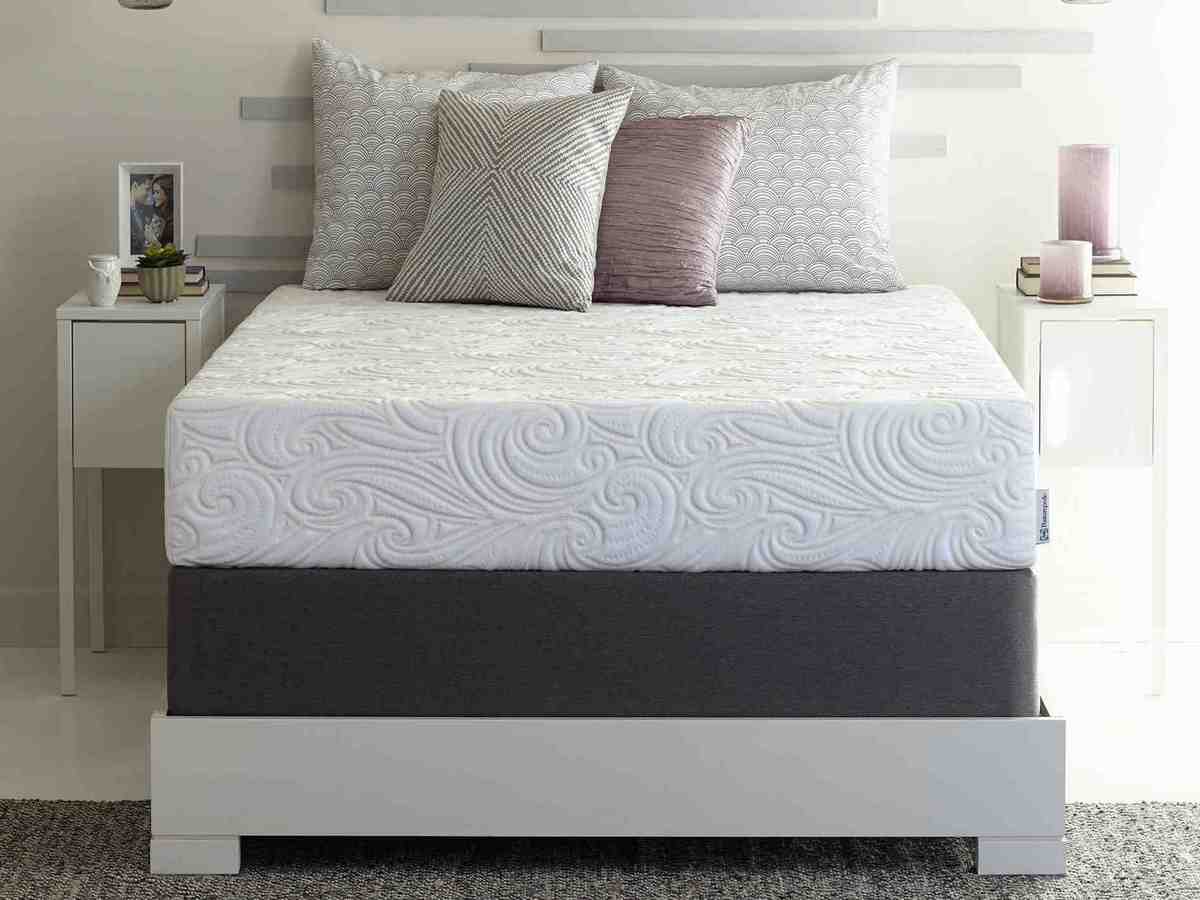
















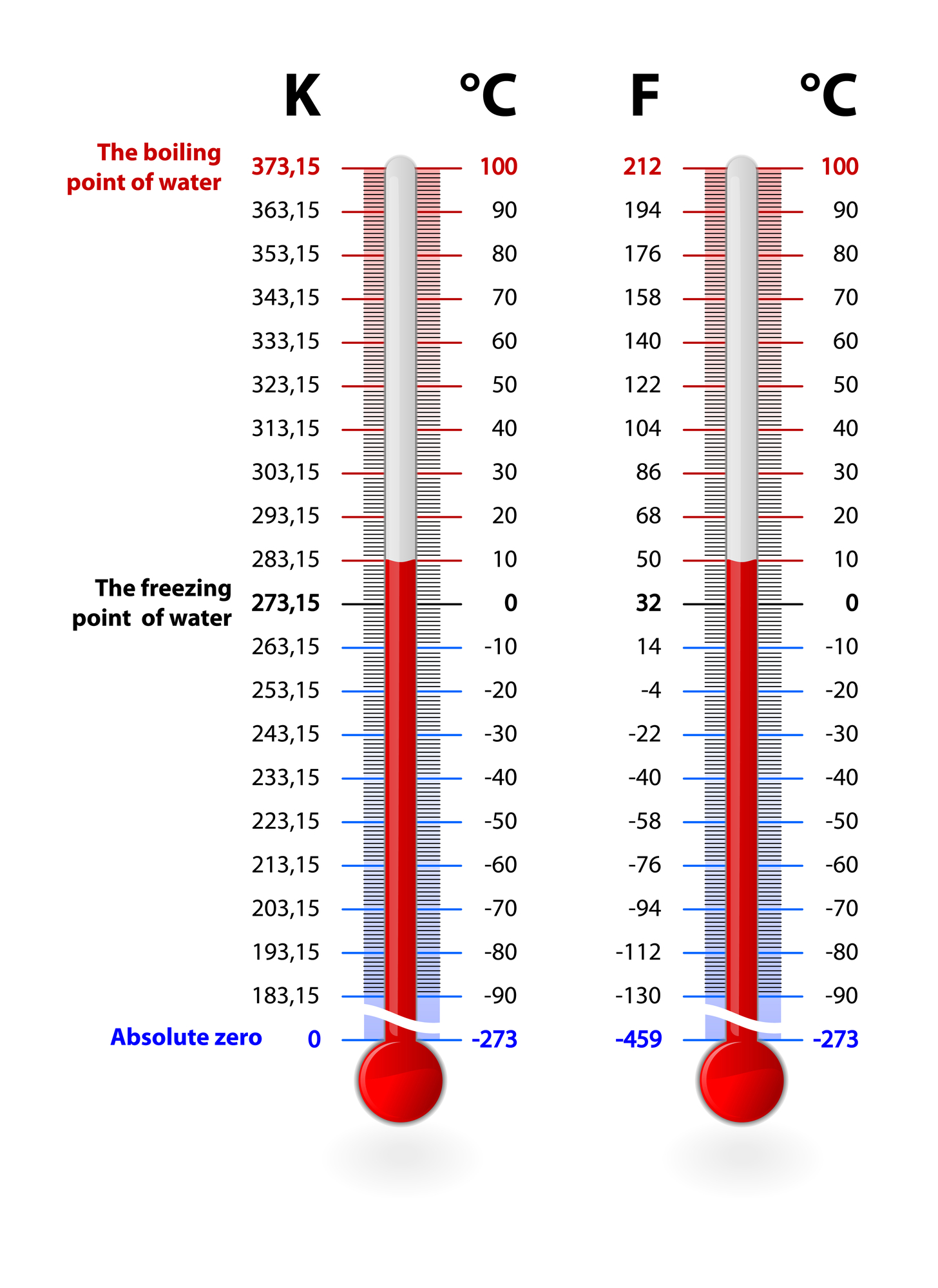
/GettyImages-10099027-56cc7c4c3df78cfb37a050cd.jpg)




